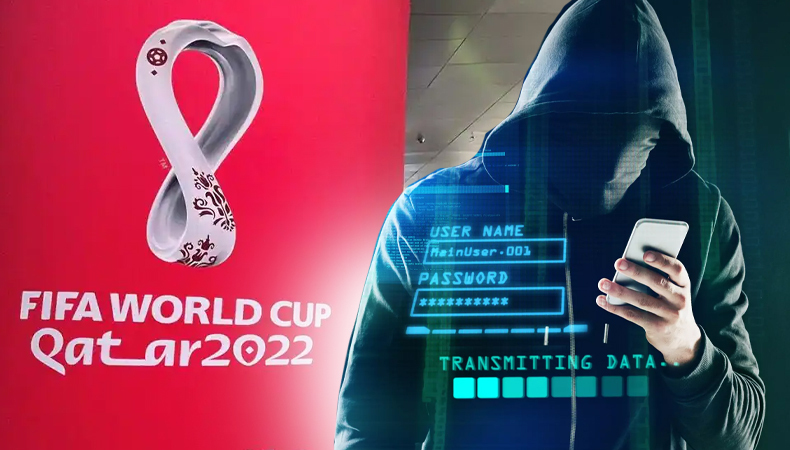Is Qatar spying on World Cup visitors?

Visitors to Qatar for the 2022 World Cup who see a van parked outside their hotel should be alert for possible surveillance. In-depth information about the Gulf state’s eavesdropping infrastructure, including sophisticated surveillance vehicles, has been provided in classified documents to the “SRF Investigativ” investigative team from Swiss public television SRF.
The vans are a part of the “Mystery” concept and act as mobile surveillance platforms. They are able to covertly record videos, intercept wi-fi network signals, and scan moving car licence plates. Additionally, they have the ability to listen in on nearby mobile devices’ data and listen in on calls.
The recently published report titled “Empowering Qatar” includes a list of actions intended to improve Qatar’s intelligence gathering. The SRF study also demonstrated that Qatar had in fact bought the security vehicles.
The Qatari government has disputed accusations that it sent spies to infiltrate influential football officials after gaining the right to host the 2022 FIFA World Cup, calling them a “underhanded campaign to tarnish Qatar’s reputation.”
Read | Qatar World Cup 2022: Can Qatar Guarantee Safety To Women Travellers
An SRF investigation revealed that Qatar allegedly spent $387 million (£340 million/€388 million) on an espionage operation dubbed “Project Merciless” in order to keep tabs on rivals who it thought would jeopardise the nation hosting the tournament.
The American business Global Risk Advisors, founded by former Central Intelligence Agency agent Kevin Chalker, and Indian computer hackers were reportedly used by Qatar to obtain information.
A spokesman of the Qatari Government Communications Office denied the allegations and added that legal action was being thought about.
“These unsubstantiated claims are part of a deliberate, clever attempt to undermine Qatar’s reputation,” the spokeswoman claimed. The article is based on false information that US courts have outright rejected.
Several reputable foreign news outlets decided not to publish the story after receiving the documents once it became apparent that the proof was false.




